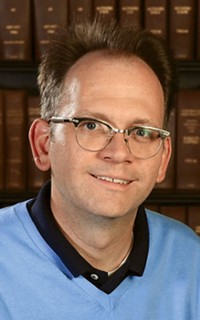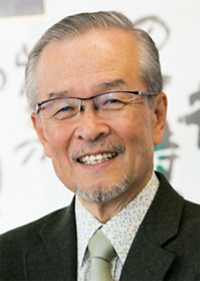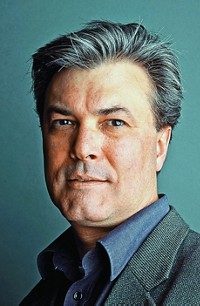Advertisement
Grab your lab coat. Let's get started
Welcome!
Welcome!
Create an account below to get 6 C&EN articles per month, receive newsletters and more - all free.
It seems this is your first time logging in online. Please enter the following information to continue.
As an ACS member you automatically get access to this site. All we need is few more details to create your reading experience.
Not you? Sign in with a different account.
Not you? Sign in with a different account.
ERROR 1
ERROR 1
ERROR 2
ERROR 2
ERROR 2
ERROR 2
ERROR 2
Password and Confirm password must match.
If you have an ACS member number, please enter it here so we can link this account to your membership. (optional)
ERROR 2
ACS values your privacy. By submitting your information, you are gaining access to C&EN and subscribing to our weekly newsletter. We use the information you provide to make your reading experience better, and we will never sell your data to third party members.
Synthesis
Roger Adams Award In Organic Chemistry
Sponsored by Organic Reactions Inc. and Organic Syntheses Inc.
by William G. Schulz
February 7, 2011
| A version of this story appeared in
Volume 89, Issue 6

Robert H. Grubbs, Victor & Elizabeth Atkins Professor of Chemistry at California Institute of Technology, is “one of the most productive and recognized chemists of our time,” says George A. Olah, a professor of chemistry, chemical engineering, and materials science at the University of Southern California.
Indeed, Grubbs’s significant results and innovations in chemistry include contributions in mechanistic organic and organometallic chemistry, new synthetic methods, and catalysts. Among the areas influenced by his pioneering and practical contributions are total synthesis, medicinal and process chemistry, polymers and materials science, nanotechnology, and biotechnology, Olah says.
Grubbs’s most well recognized discoveries are in the field for which he shared the 2005 Nobel Prize in Chemistry: olefin metathesis, which involves catalyzed reactions that cleave double bonds and redistribute the resulting fragments to form new molecules. His contributions to this field led to the discovery of the Schrock and Grubbs metal carbene catalysts. Grubbs’s ruthenium complexes are most often the catalysts of choice, and his variations of metathesis are among the most commonly applied reactions in academia and industry.
“His most recent work in olefin metathesis has revolutionized strategies for the construction of molecular targets across a spectrum of synthetic research areas from polymers to natural products and pharmaceuticals,” two other colleagues say. “Remarkably, his pioneering interest in this phenomenal reaction began in the early 1970s, when he outlined the underlying mechanistic principles for a tungsten-based olefin metathesis reaction. This work has carried forward to his most recent and groundbreaking discoveries using a family of Ru-based olefin metathesis catalysts.” This current family of catalysts is characterized by efficiency and functional group tolerance, as well as operational advantages related to ease of handling, they add.
“The profound impact that this work has had can be appreciated by the fact that the use of the Grubbs metathesis reaction is so inordinately widespread. Indeed it is almost impossible to open a journal that involves organic synthesis or attend a symposium in organic chemistry that does not contain research founded upon the utility of work arising from the Grubbs olefin metathesis,” they note. “It is a transformation that has become more important than the Diels-Alder reaction or the venerable Wittig technology.”
Grubbs has also played a major role as a mentor to young academicians and scientists. More than 45 people have entered academia from his laboratory over the past two decades. “Grubbs clearly defines the chemist practicing and contributing to organic chemistry in its broadest sense,” his colleagues note.
Grubbs, who was born in 1942, received bachelor’s (1963) and master’s (1965) degrees in chemistry from the University of Florida, Gainesville. He received a Ph.D. in chemistry in 1968 from Columbia University. After a postdoctoral fellowship at Stanford University, he became an assistant professor of chemistry at Michigan State University in 1969. In 1978, he became a professor of chemistry at Caltech, where he has remained on the faculty. In addition to his Nobel Prize, he is the recipient of numerous other ACS national awards.
Grubbs will deliver the award address at Princeton University in June.





Join the conversation
Contact the reporter
Submit a Letter to the Editor for publication
Engage with us on Twitter